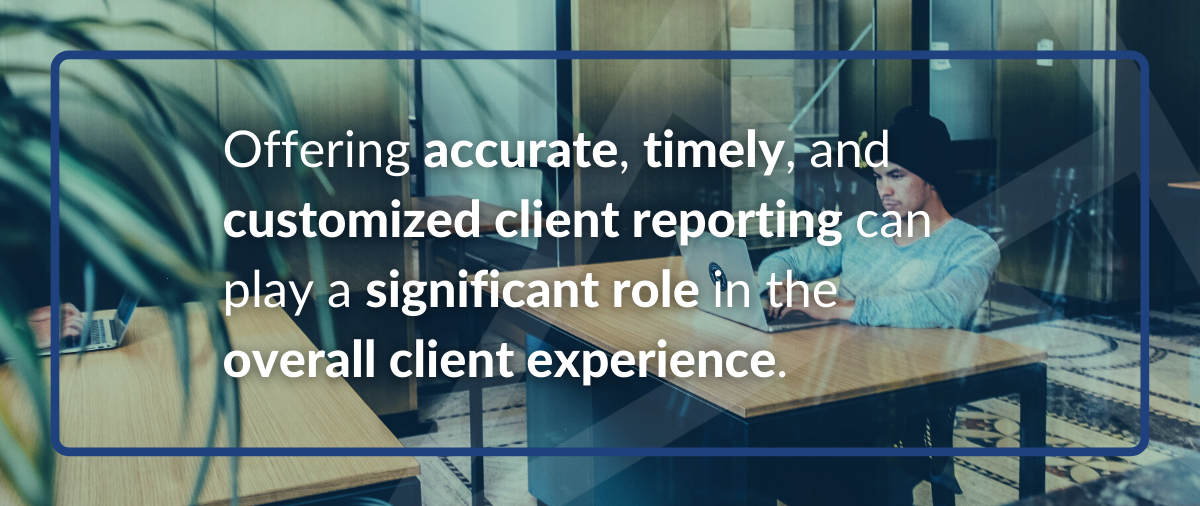Every financial firm, whether hedge fund, investment manager, brokerage, or bank, is unique. Firms differ from each other in myriad ways and have individual preferences in how they use and manipulate data, facilitate client reporting, and conduct analysis. It goes to reason that every firm has individual requirements for functionality in their post-trade processing software.
Post-trade processing software offers a plethora of valuable functions, starting with reconciliation
Trade reconciliation, or matching, is mission-critical for any firm that engages in trading activity with counterparties. Reconciliation is the foundation of the trade flow and the information-gathering process. Strong reconciliation ensures that downstream processes run smoothly, exceptions can be addressed promptly, and information is readily available. For instance, if trades are not accurately added to or removed from a position, margin cannot be calculated, realized and unrealized P&L cannot be represented, and managers may be unaware of expiration risks. Large organizations with multiple trading desks have even more sophisticated needs. Not only must they reconcile individual trades, but they need to gather intelligence that will help understand and evaluate the performance of each trading desk.
With customizable reporting, investors and clients get information when they need it and how they need it.
The right post-trade processing software offers options far beyond what many users can even imagine and provides solutions that can be highly customized to reflect specific and unique needs. In addition to trade reconciliation and matching, market participants will likely want to leverage analytical functions and generate client reports run on a variety of criteria. Solutions can be customized to keep fund investors informed across trading accounts and positions, monitor cash balances and provide reporting at designated times (daily, weekly, monthly) or according to designated thresholds.
While users should have an idea of how they want to leverage outputs – the right software solution will have the capability to present information in a human-readable and interactive format, or in regimented, machine-readable outputs that can be utilized to feed downstream systems. Outputs should ultimately empower users and clients to have not only more, but more understandable information at their fingertips.
Customization can help manage the flow of data from disparate sources
Participants always have the option to select their providers, but the information comes in different formats. Information and data from multiple sources can be streamlined and consolidated into one comprehensive overview, an enormous benefit for any type of user. With the right post-trade solution, different systems can be married, and users can use the consolidated data to develop custom reports that provide reliable, accurate, and timely information and analyses.
Software can normalize data for reporting and customize the data flow to investor portals. Clients gain the ability to offer their investors a broad range of options that can in turn meet their unique needs. Bespoke solutions can also be crafted to help firms increase the number of accounts managed, lower operational risk, and reduce costs across the board.
While there are many post-trade processing solutions on the market to choose from, customizable options offer users far more bang for the buck. Increased accuracy and efficiency can save users money and reduce the risk of failed trades, while advanced analytical features can offer deeper insight into performance. Streamlining and rationalizing the flow of data and creating custom reports not only contributes to enhanced understanding and better account management but is also beneficial in terms of reducing operational risk. Finally, the benefits that flow through to clients can’t be underestimated as accurate, timely, and customized client reporting plays a significant role in the overall client experience. When customization offers so many benefits, it only makes sense to choose a software solution that can meet individual requirements.
___
About the Author
Rebecca Baldridge, CFA, is an investment professional and financial writer with more than 20 years of experience in creating content and research for asset managers, investment banks, brokers and other financial services clients. She’s worked for some of the biggest names in the industry, including Merrill Lynch Asset Management, JP Morgan Asset Management, BNY Mellon and Franklin Templeton. Rebecca also spent 9 years as an analyst and director of equity research in Moscow, working for several Russian banks. In late 2019, she founded Quartet Communications, a boutique communications firm serving financial services clients. Her writing has been published in outlets including Pensions & Investments, MSNBC.com, Inc. magazine, and Investopedia.com. She holds a B.A. in Russian from Purdue University and an M.S. in Finance from the Krannert Graduate School of Management at Purdue.
